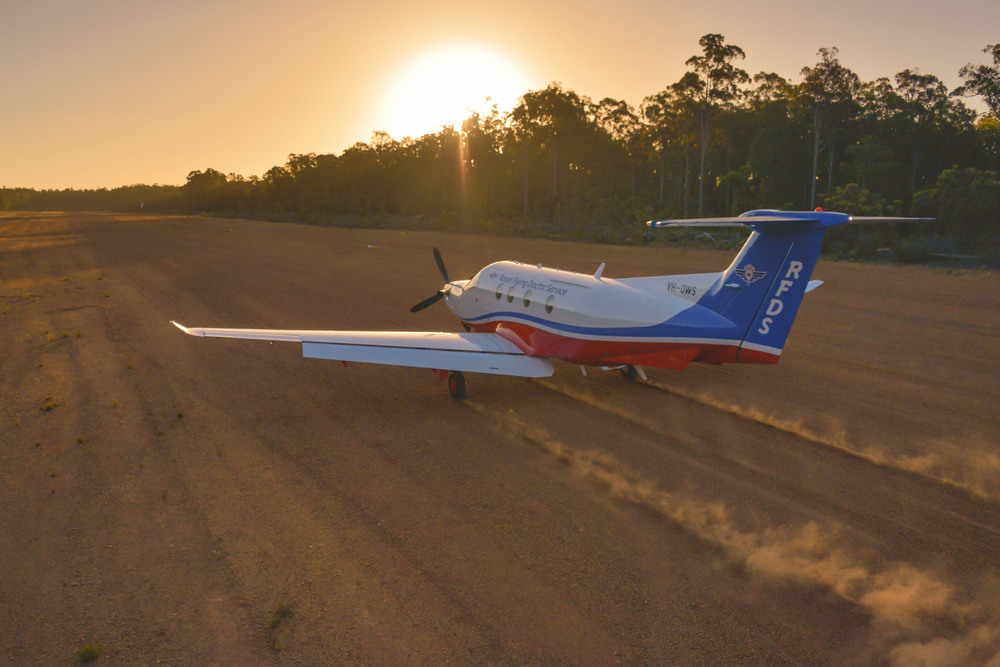Major health bodies gather evidence for change
Laura Williams
29 March 2024, 6:40 AM
 The Royal Flying Doctor Service conducted 36,937 aeromedical retrievals in 2022-23. (RFDS)
The Royal Flying Doctor Service conducted 36,937 aeromedical retrievals in 2022-23. (RFDS)In 2022-23, the Royal Flying Doctor Service (RFDS) conducted equivalent to 101 aeromedical retrievals per day across Australia. According to their latest report, many of those could have been avoided with better funding in rural and remote areas.
Despite various inquiries, reports and programs, statistics continue to show a dramatic imbalance when it comes to health outcomes for people living in rural and remote areas compared to those in the city.
According to the RFDS latest report ‘Best for the Bush, Rural and remote Health Base Line’, rural and remote residents are almost three times more likely to be hospitalised or die from potentially avoidable causes.
RFDS Federation Executive Director Frank Quinlan said that a notable funding gap is only adding to the existing barriers created by distance and isolation.
“As we look to reform Medicare across the country, we need to help people living outside the reach of mainstream services, who rely on services outside the Medicare system,” Mr Quinlan said.
According to research from the National Rural Health Alliance, the comparative Government health spend between major city residents and rural and remote Australia has a gap of $6.55 billion.
That translates to a health spend shortfall of $848 per person in rural and remote areas.

The figures come from the RFDS's second report on the issue. (RFDS)
National Rural Health Alliance CEO Susi Tegen said that any new funding can’t be ‘ad hoc projects on the ground that only become band-aids’.
“It’s important to agree on a definition for ‘reasonable access’ to health care,” Ms Tegen said.
The RFDS report states that this definition should consider proximity, affordability, cultural safety, availability, frequency and mode of delivery.
“The Alliance and others are working to develop minimum standards for healthcare access and we’re keen on taking this project forward with the government.
Both the RFDS and the Alliance have called for a ‘National Compact’ on rural and remote health, which would be an agreement between states, territories and the federal government to implement better health services.
“We see great benefit in the Australian and state/territory governments being collaborative and equitable in how they are investing in rural and remote health,” Ms Tegen said.
Best for the Bush Rural and Remote Health Base Line 2023 research paper can be found here.



